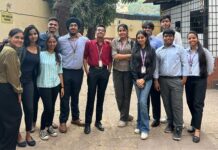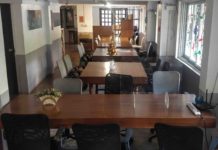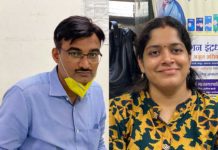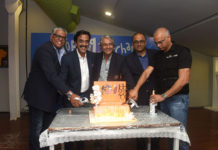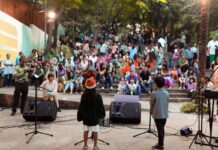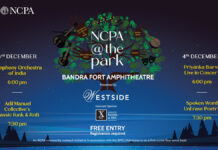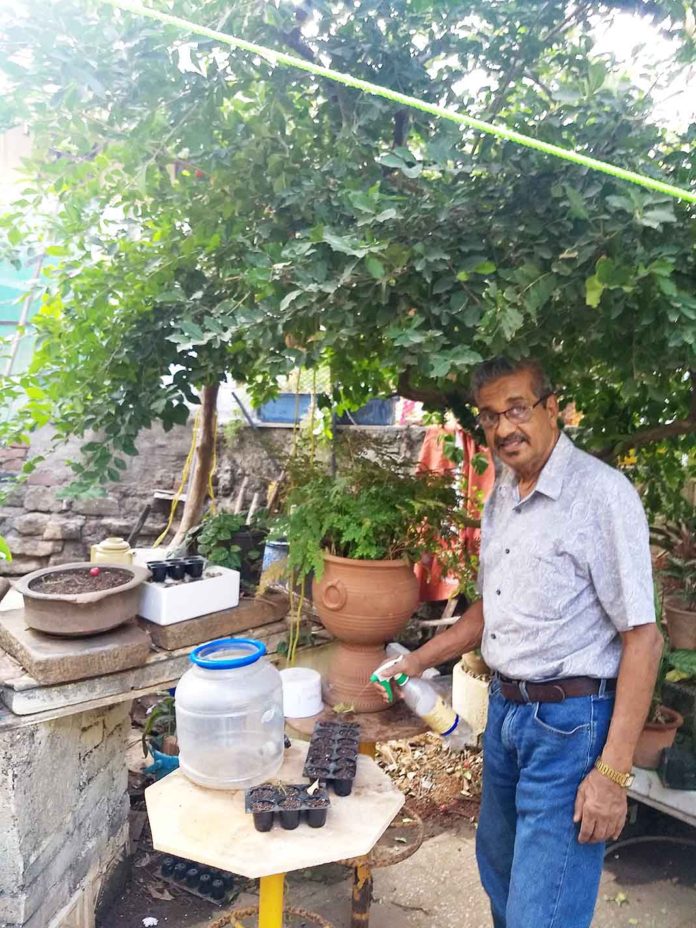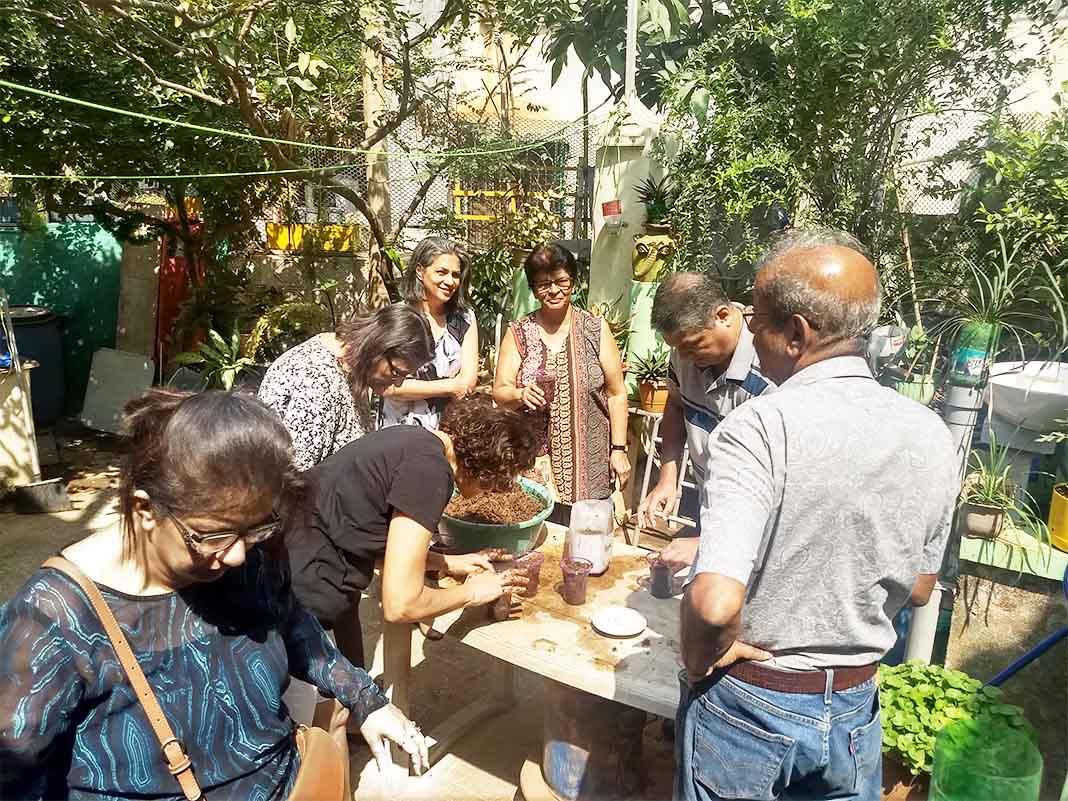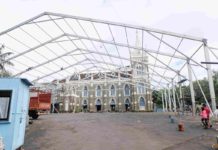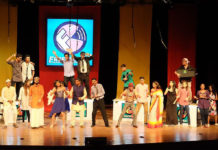Once upon a time in Bandra
Did you know Bandra was once a group of villages? And every cluster of houses had gardens filled with fruit trees and vegetable patches. Between villages there were fields of grain. This wasn’t too far back but you wouldn’t believe it if you looked around Bandra today!
We still have pockets of those villages. And descendants continue to live here. Minus the luxury of space but plus lots of changes, both good and not so good. If you’re a Bandraite, (and read Bandra Buzz) you’ll know what I mean ;).
Everything is a resource, remember what our grandparents said?
Space (or lack of it) is one issue we’re all familiar with. Often, almost overnight, we’ve found our neighbours inch closer as each new building sprouts up.
And hasn’t everyone looked up from their morning papers to answer the door for the ‘kachrawali’ (or as they should rightfully be called, Safai-karamchari), who then gives it to the BMC truck that makes the rounds every day. Where does it all go?
Visualise the amount of garbage we generate
A densely populated mega polis, Mumbai generates 8,000 tonnes of municipal solid waste as per data from the BMC in 2017. How can we make sense of this number? This is the equivalent weight of 75 blue whales, each blue whale weighs around 100 tonnes. If that’s difficult to visualize, imagine our landfill (where all our waste is dumped) – Mumbai currently uses two landfills: Deonar and Kanjur. Both are currently beyond capacity and sore sights to see.
Deonar covers 132 hectares (the grassy field inside a 400 metre running track is 1 hectare) and rises up to a height equivalent to a 30 storied building. The problem may be out of sight, but its making its presence felt in ways we cannot see! How long can this continue?
The good news is a growing tribe of conscious citizens
As citizens we need to take responsibility for our own waste – many cities abroad are managing to reduce waste to landfill. Mumbai, the richest and most resourceful city in India, can certainly afford to do so too. Plus, we have all the required laws in place. And plenty of options or solutions to manage this gargantuan problem. Fortunately, a growing tribe of citizens are leading by example, like the star of this story – Lionel Athaide. He is one such citizen who has stopped giving his waste to the BMC by composting it at home.
A bright winter March morning in an erstwhile village in Bandra
2nd March Saturday morning saw a motley group of people gathering together in Lionel’s backyard garden. Each one keen to learn to compost waste and to use that compost to grow a garden. Representatives from St. Peter’s Church, Jenny and Janet were there under their Care for Creation directive from the Church. Interested citizens who have started composting were also there with their questions as well as some seasoned composters like Lakshmi Biviji and Lillian Pais.
Lionel, never one to shy away from a good story, began with his journey from when he knew nothing about composting to today when his compost has been fueling a perfect garden. He pointed out plants, herbs and fruit trees inviting participants to pluck, pinch, smell and taste everything! Questions and answers flew back and forth with helpful tips and tricks to nurture nature.
The hands on person that he is, very soon everyone was invited to roll up their sleeves and plant their own pot of palak seeds under the watchful eye of a keen Lionel. Throwing their initial hesitation to the winds, they enthusiastically prepared potting soil with a mix of cocopeat and compost, looking a like bunch of kids mucking about in dirt. But with the realization that this ‘dirt’ had real value – and it was no longer a four letter word!
The moral(s) of the story
Every story has a message. This story has several.
• Nothing should be thrown away because there is no “away”
• It’s never too late to learn
• Compost is precious
• Growing plants is therapeutic
• People coming together as a community that ‘cares for creation’ will help our society grow
• Everything is a resource, remember what our grandparents said
• Segregate your waste, compost your wet waste, use the compost to grow a kitchen garden!
If you wish to attend another workshop or conduct one please contact me at [email protected]





